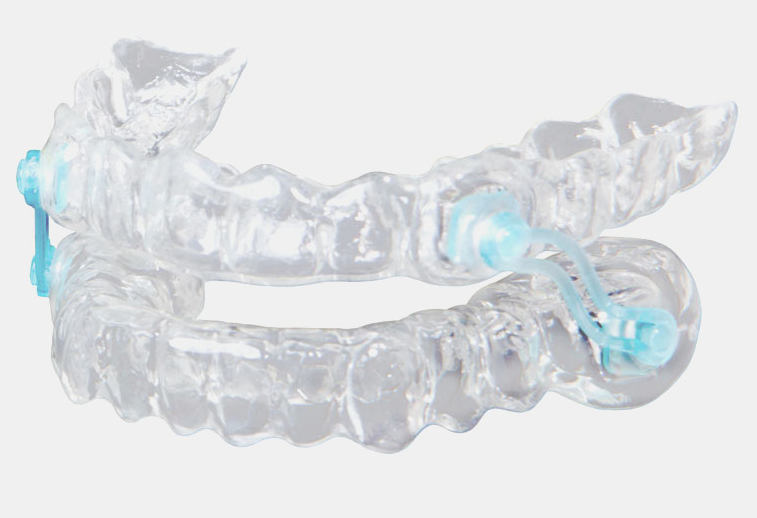 Sleep apnea is a common and potentially serious disorder in which breathing repeatedly stops and starts as you sleep. Anyone can have sleep apnea—young, old, male, female, and even children. Although sleep apnea is treatable, it frequently goes unrecognized.
Sleep apnea is a common and potentially serious disorder in which breathing repeatedly stops and starts as you sleep. Anyone can have sleep apnea—young, old, male, female, and even children. Although sleep apnea is treatable, it frequently goes unrecognized.
Signs of Sleep Apnea
Many millions of Americans suffer from sleep apnea. The most common signs and symptoms of it include:
- Morning headaches
- Snoring
- Excessive daytime sleepiness
- Memory issues and not being able to concentrate
- Feeling irritable, depressed, or having mood swings or personality changes
- Waking up frequently to urinate
- Insomnia
- Dry mouth or sore throat when you wake up
Health Issues Related to Sleep Apnea
Chronic sleep apnea can lead to many health problems over time. During sleep apnea episodes, breathing is briefly interrupted or becomes very shallow. These breathing pauses typically last between 10 to 20 seconds and can occur hundreds of times a night, disrupting your natural sleep rhythm. As a result, you spend more time in light sleep and less time in the deep, restorative sleep you need to be energetic, mentally sharp, and productive the next day. It has been reported that untreated sleep apnea can take 12-15 years off your life. The health related risk associated with sleep apnea may include:
- diabetes
- cardiovascular disease
- high blood pressure
- stroke
- weight gain
- increased risk of accidents
Dentists Role in Sleep Apnea Treatment
Dentist are often the first professional to become aware of a potential sleep apnea problem. Your dentist is likely to refer you to a sleep medicine specialist to assess and diagnose the disorder. Most dentists have undergone special training for the treatment of sleep apnea and are very skilled in its management using behavioral modification and dental appliances, but a confirmed diagnosis from a sleep medicine specialist is required before any treatment can be administered.
If your sleep apnea is mild, your dentist can make an acrylic appliance similar to a mouth guard that can be worn at night. The appliance repositions your tongue and jaw which improves airflow during sleep. If your sleep apnea is severe, it may require more aggressive treatment, which may include the use of a continuous positive airway pressure (CPAP) system—a device that delivers air through a small mask and applies constant pressure to keep the airway open.
If you are suffering from sleep apnea and are finding it difficult to achieve restful sleep, contact Grove Avenue Family & Cosmetic Dentistry where our dentists are trained in the treatment of sleep apnea. Take the first step towards restoring your sleep.
